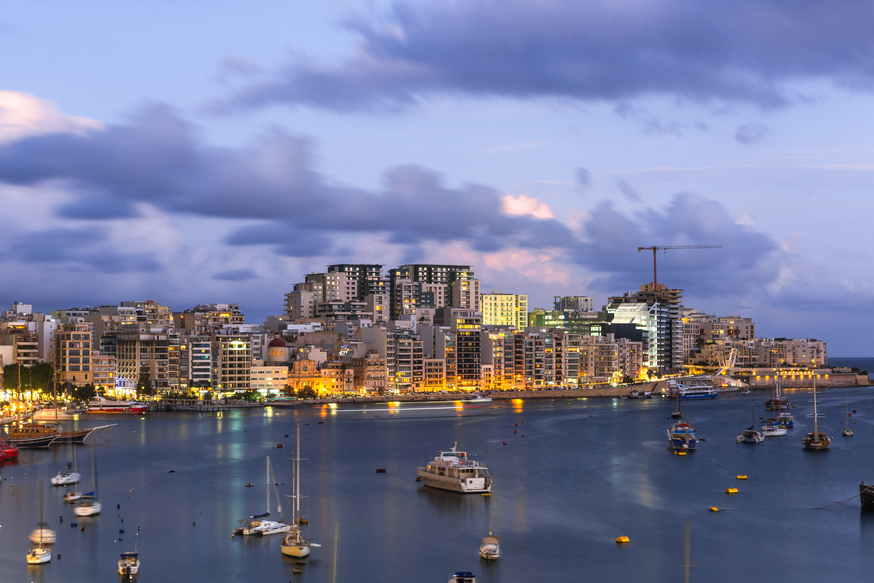A new analysis into purchasing power by Big Four audit and consultancy firm KPMG Malta shows that real wages – that is, wages after taking inflation into account – have grown by only €105 between 2018 and 2023.
This comes despite record-high increases to the cost of living adjustment witnessed over the last two years, with salaries now counted among the most pressing issues for business owners.
The report’s authors find that the “stagnancy in real wages” is “immediately evident” when plotted on a graph, despite the apparent increase in nominal wages (i.e. the figure on the payslip).

They noted that although nominal wages climbed from an average of €18,967 to €22,032 between 2018 and 2023, real wages only increased from €18,254 to €18,359 over the same period – an increase of just €105.
When looking only at the last two years, workers earned on average €20,953 in 2022 and €22,032 in 2023 – an increase of €1,079. However, prices actually increased at a faster rate, leading to a slight dip in real wages despite the nominal increase.

Although nominal salary increases in many businesses and sectors have been significant, they remain the lowest in the European Union, according to a European Commission report released last November.
Looking at real compensation, the Commission indicates that this decreased by 1.4 per cent in Malta during 2023 – as compared to decreases of 0.3 per cent in the euro area and 0.4 per cent in the EU.
The report also notes that the slow growth of wages in Malta is a long-standing issue that precedes the onset of the COVID-19 pandemic or the ensuing period of high inflation. KPMG Malta notes that nominal wages increased by 3.8 per cent per year between 2015 and 2019 – outstripping the average annual inflation rate of 1.34 per cent.
Overall, this resulted in a growth in real wages by 2.34 per cent per annum – better than the stagnation seen since, but a far cry from the average growth in GDP of 7.67 per cent over the same period.
The analysis seems to back up previous findings showing that the share of gross value added going to labour has been decreasing over time, while that going to capital has been increasing. In other words, on average, business owners have seen higher returns while wage workers remained relatively stagnant over the last decade.
The report does, however, introduce an important caveat, saying that such broad averages may hide notable movements in particular sectors of the economy and specific occupation roles within them.
The authors state: “A deeper examination may reveal that narrower segments of the economy could be experiencing higher wage growth, driven by improvement in productivity. However, these positive trends could be overshadowed by less productive sectors, which still claim a large portion of the labour pool, thereby dampening overall income growth.”
The bottom line, the report argues, is that it will be difficult to make a solid case for income growth without a corresponding increase in productivity – an argument long made by business lobbies.
Għajn Tuffieħa Bay named ‘most beautiful beach in Europe’ for 2024 by European travel platform
The results are based on the votes of 103,224 worldwide travellers
MDA says April 2024 broke records with value of promise of sale agreements surging by 14.4%
A report from the MDA highlights that there were 1,385 promise of sale agreements last month
1,695 businesses found employing non-EU workers illegally in 2023
The figure amounts to a significant portion of all employers in Malta






